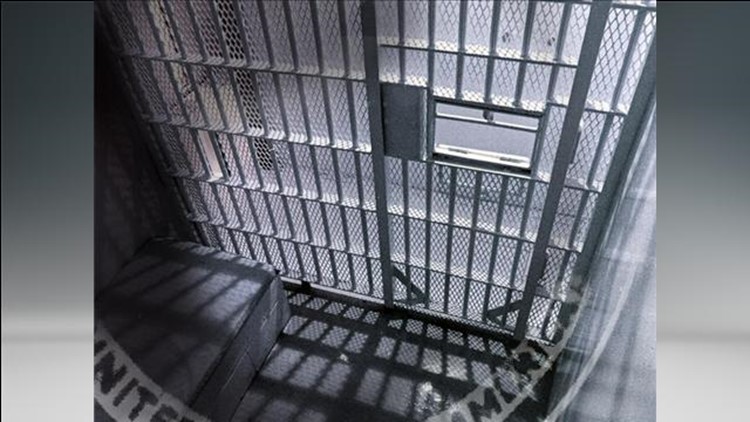ATTICA, NY - A judge has agreed to a partial release of records related to the bloody Attica prison riot of 1971 — the deadliest prison uprising in the nation's history.
The ruling is a mixed bag for the state Attorney General's Office, which sought the release of the records because of their historical significance. In the decision state Supreme Court Justice Patrick NeMoyer approved the release of all portions of the records which are not grand jury material.
READ: Attica Riot Records
"If the public's right to know could be a paramount or overriding consideration here, there would not exist a general rule of grand jury secrecy in the first place," NeMoyer stated in the ruling released Thursday.
In all, 43 people died at the Attica riot — a corrections officer who suffered injuries during the uprising, three inmates killed by other prisoners during the standoff, and 29 prisoners and 10 civilian hostages fatally shot in the retaking.
What will remain of the records after the redaction of grand jury materials is uncertain.
The sealed records, known as Volumes II and III of the Meyer Report, partly detail grand jury testimony given during an investigation into the riot and retaking. The first volume of the report of a commission headed by the late Bernard Meyer, a state Supreme Court justice who later joined the state Court of Appeals, was released in 1975.
The Meyer commission was charged with an investigation into the riot, which broke out on Sept. 9, 1971, when inmates overwhelmed corrections officers and grabbed prison employees as hostages. Gov. Nelson Rockefeller approved the seizure of the prison on Sept. 13
Part of the Meyer investigation focused on allegations of a cover-up of crimes committed by police who seized control of the prison behind a cloud of helicopter-dropped tear gas and a chaotic fusillade of gunfire. Those allegations came from Assistant Attorney General Malcolm Bell, who had been part of an investigation into fatal shootings and other possible crimes committed during the retaking.
Bell resigned his post, claiming that state officials were blocking prosecution of likely crimes by law enforcement officers. In 1976, Gov. Hugh Carey, trying to put Attica to rest, pardoned inmates accused of crimes and ended possible prosecution of law enforcement personnel.



